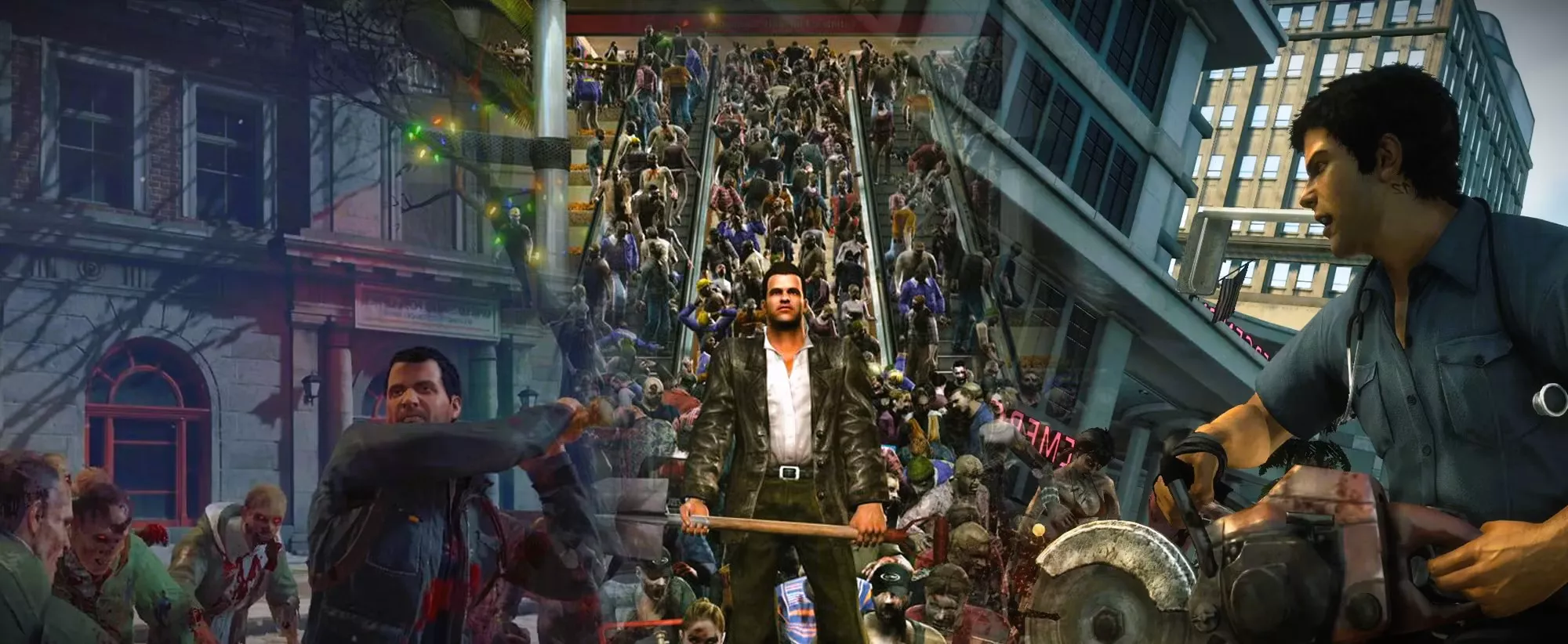Dead Rising made its debut in 2006 as an exclusive title for the Xbox 360. Developed by Capcom, the same company acclaimed for its Resident Evil zombie series, Dead Rising introduced a distinct approach. While Resident Evil embraced horror with a deadpan seriousness, Dead Rising adopted a more outlandishly comedic tone, marked by over-the-top humor and a focus on unconventional weaponry, safeguarding survivors, and strict time constraints.
Despite its Xbox exclusivity, Dead Rising achieved considerable success, and as the series progressed, it relinquished its exclusivity. Subsequent entries, accompanied by a comic book, movies, and a mobile game, propelled Dead Rising into the ranks of Capcom‘s top-grossing franchises, securing the sixth spot.
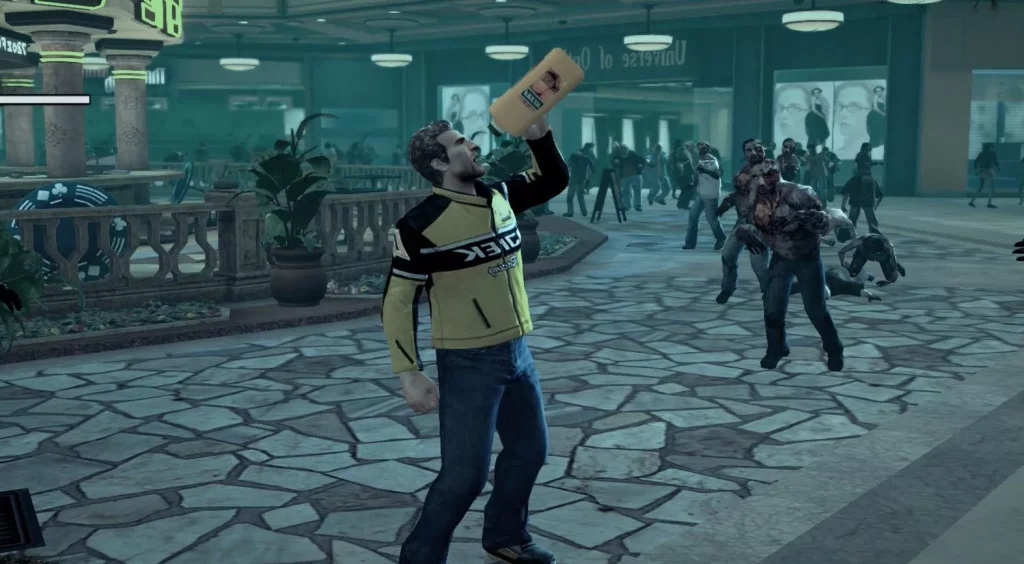
Yet, the question remains: why does the franchise now seem abandoned?
The final installment, Dead Rising 4, launched on Xbox One in 2016 and extended to include DLCs and a 2017 PS4 port. However, loyal enthusiasts like myself didn’t warmly receive it, as cherished gameplay mechanics were absent, and the character of Frank took a turn for the worse. Despite mixed reviews, the game managed decently in reviews. Sales, however, told a different narrative; Capcom had aimed for 2 million units sold, but barely reached the 1 million mark, leading to the closure of Capcom Vancouver.
The saga’s trajectory becomes clearer when considering additional media adaptations. Although three movies were conceived, none secured theatrical releases. The first released as episodic content on Xbox Live Marketplace, followed by two more on the free streaming platform Crackle. While discussions about a third movie or a TV series emerged, such conversations appear to have fizzled out.
The comic and mobile game follow one-dimensional narratives. The comic, titled “Road to Fortune,” plugged gaps between the first and second games, while “Dead Rising Mobile” received lackluster reviews, stifling interest in future iterations.
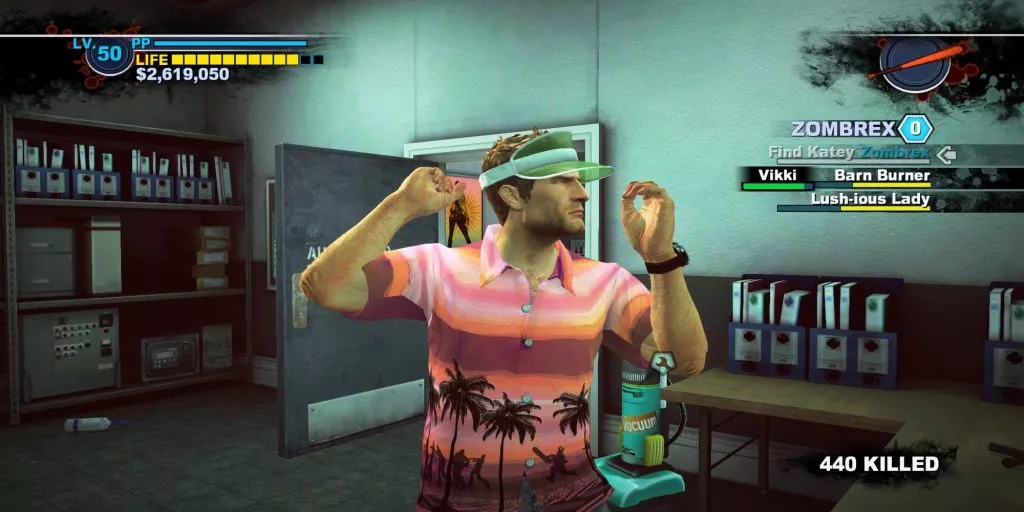
For contemporary hardware play, availability hinges on the gaming console. Dead Rising 3 evaded PlayStation, and PC users missed out on DLCs “Case: Zero” and “Case: West.” On Xbox, all series entries are accessible except for the Wii port of the inaugural game, “Dead Rising: Chop Till You Drop.”
The porting strategy presents itself as peculiar. While the franchise originated as an Xbox exclusive, it’s puzzling that only Xbox hosts the canonical games. This arrangement, though not true exclusivity, leaves PlayStation users lagging behind by one installment. Moreover, “Case: West” lost its unique feature of granting early items and level experience from Dead Rising 2, failing to sync with the remastered version. While retaining these titles in backward compatibility programs makes sense, the overall experience feels incomplete.
As for the Wii port, its fate hangs in the balance unless another port materializes. If exclusivity terms were at play, a Switch port akin to the Wii version of “Star Wars: The Force Unleashed” could still be plausible.
So, what transpired? How did a thriving moneymaker spiral into an uncertain future? Certainly, the disappointing sales of Dead Rising 4 and the subsequent shuttering of Capcom Vancouver contributed significantly. Yet, a major predicament stemmed from Dead Rising 3’s conclusion: the cure for zombification. This development posed challenges for future narratives, acknowledged by Dead Rising 4’s outset.
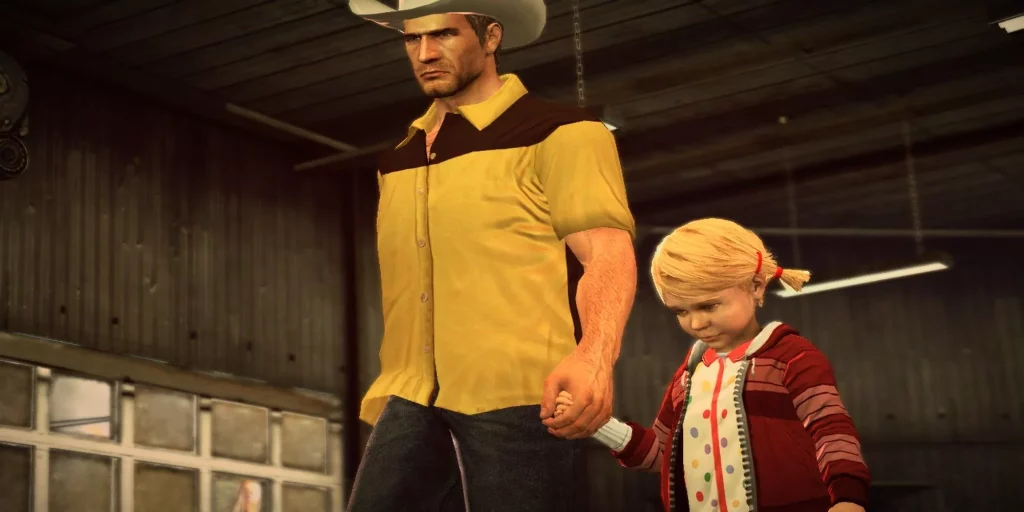
Capcom inadvertently boxed themselves in with this plot twist. Closure isn’t inherently unfavorable, but it constrained progression. Dead Rising 4 attempted to sidestep this by introducing a new outbreak variant. Fan reactions were mixed; the explanation resonated with past lore, but the game’s comedic tone failed to satisfy some fans.
The “Frank” predicament compounded matters. Frank’s inclusion in Marvel Vs. Capcom and his elevation to the protagonist of a remade Dead Rising 2 seemed indicative of Capcom’s infatuation with their former lead. Despite claims that American fans demanded Frank’s presence, this sentiment seemed overestimated, especially during “Off The Record”‘s launch. Although this iteration of Dead Rising 2 introduced improvements, it garnered criticism for being Frank-centric fan service.
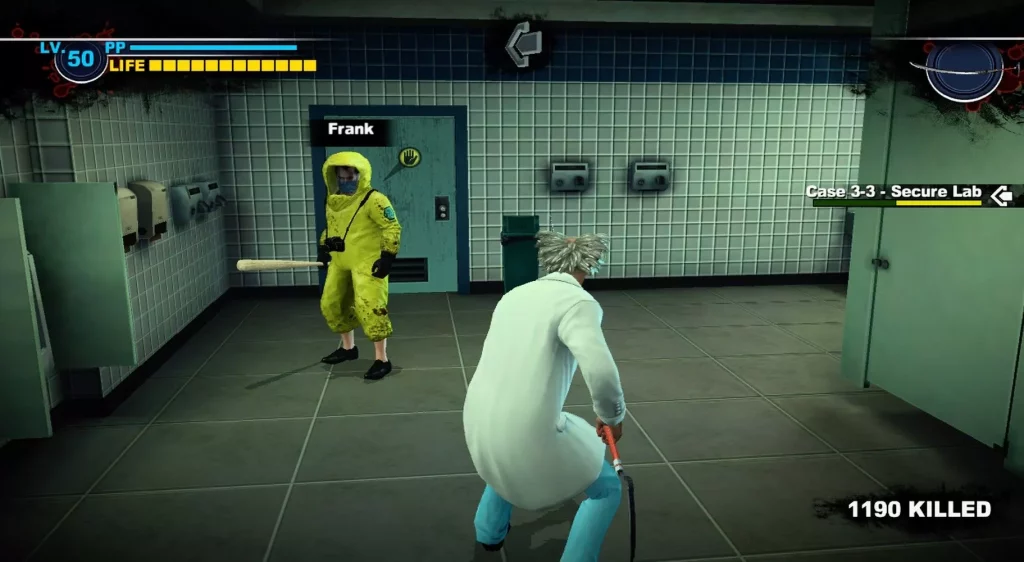
Even with these nuances, “Off The Record” influenced Dead Rising 4 in ways fans found disconcerting, notably in Frank West’s character portrayal. While the original Dead Rising showcased Frank as a gruff yet dedicated photojournalist driven by uncovering truth, “Off The Record” depicted him as a fallen star seeking renewed fame. Although non-canonical, this characterization permeated Dead Rising 4, compounded by a different voice actor who delivered lines distinct from established Frank.
Furthermore, the replacement of T.J. Rotolo as Frank West’s voice actor triggered unease. Rotolo asserted Capcom never approached him with an offer. This switch exacerbated the dissonance between the character’s established persona and his portrayal in Dead Rising 4. Fans questioned why Vick Chu, who merited more development, wasn’t given the lead role instead.
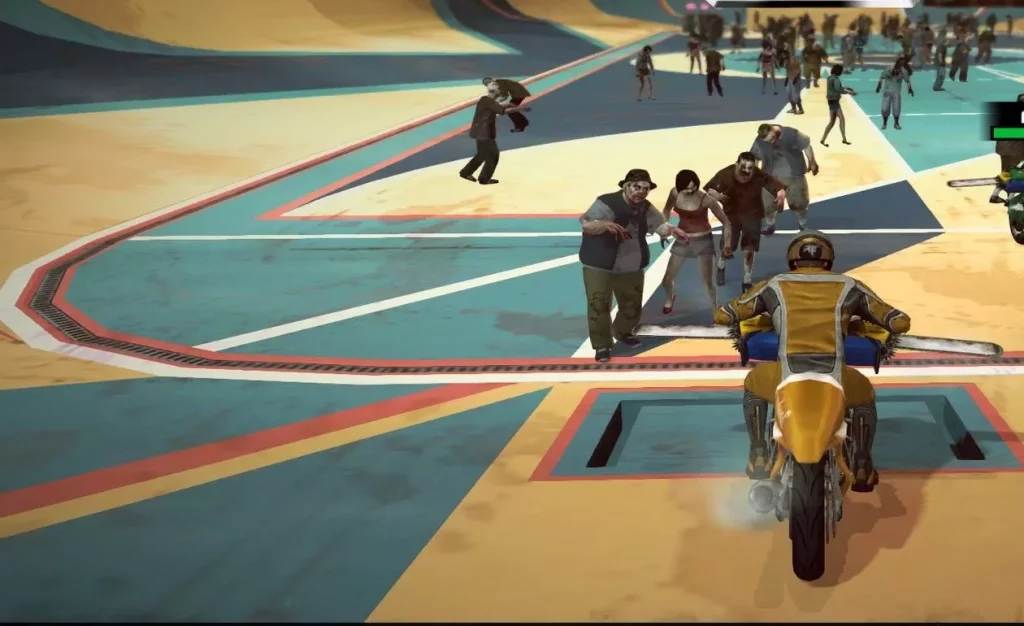
Interestingly, Capcom has faced analogous challenges before. Resident Evil 6 temporarily hurt the franchise, but Resident Evil 7 revitalized it, arguably making it stronger. Street Fighter 5 initially stumbled but set the stage for a triumphant return with Street Fighter 6. We exist in a landscape where Mega Man 11 is a reality. Franchises ebb and flow; however, Capcom seemed ill-prepared to navigate Dead Rising’s ebb.
Leaked gameplay of the shelved Dead Rising 5 hinted at Chuck taking the reins, suggesting potential promise. Despite Dead Rising’s apparent demise, careful handling could rekindle Capcom’s ability to astound.
